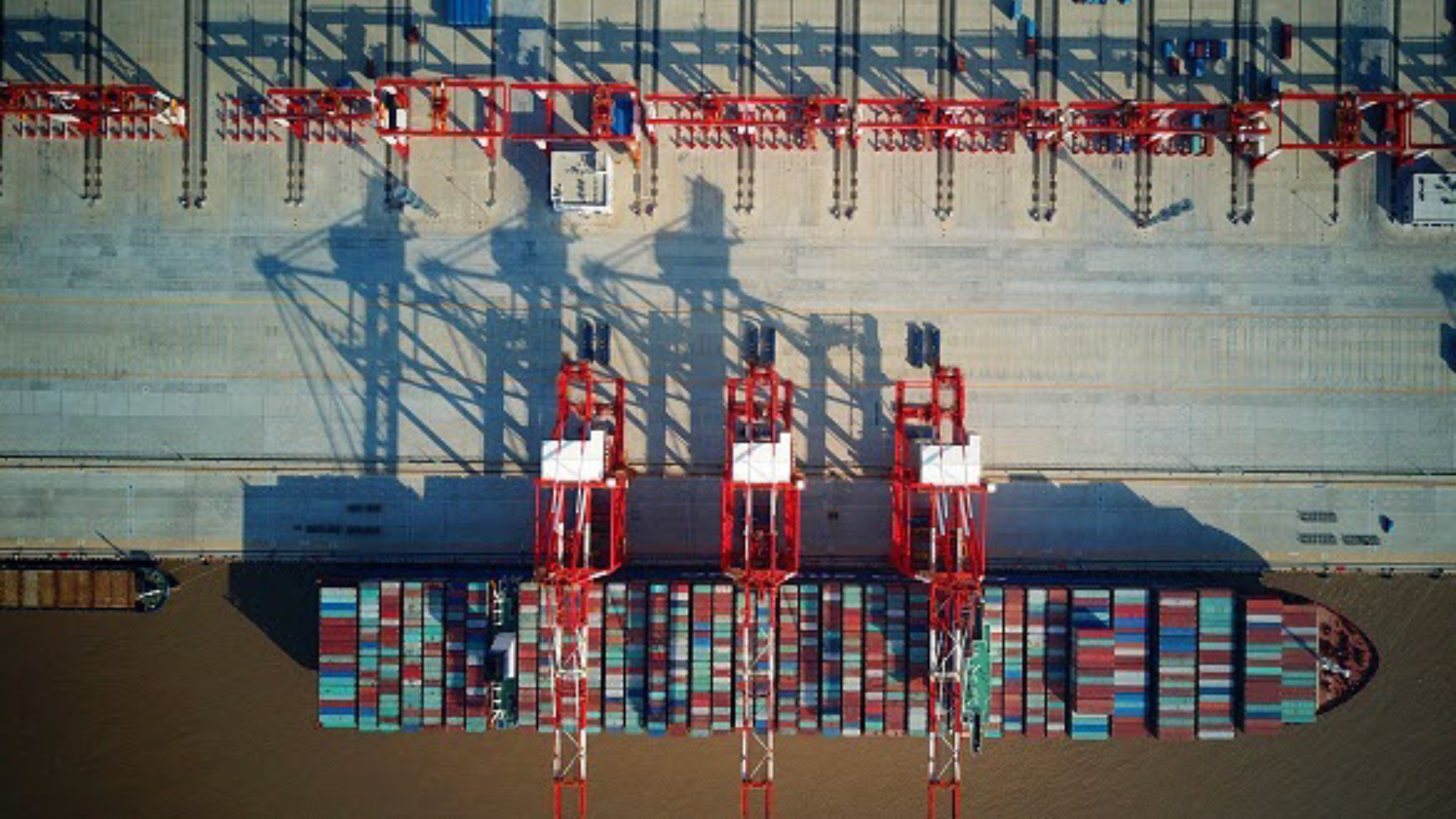
China’s initiation of an anti-dumping investigation into imports of polyformaldehyde copolymer, an engineering chemical, from the EU, US, Japan, and Taiwan has intensified trade tensions with its major trading partners. This move comes amidst a series of trade disputes between China and other economic powers.
The European Union has responded by launching anti-subsidy and anti-dumping investigations into various Chinese products, including tin-plated or coated flat-rolled iron or steel products. Meanwhile, the United States, under President Joe Biden’s administration, has imposed new tariffs on Chinese electric vehicles, advanced batteries, solar cells, steel, aluminum, and medical equipment. These tariffs aim to counteract what the White House describes as China’s unfair trade practices, including forced technology transfers and intellectual property theft.
The European Union and the United States have both expressed concerns about China’s industrial overcapacity, which they believe adversely affects their domestic industries. US Treasury Secretary Janet L Yellen recently met with Chinese officials to discuss these issues, emphasizing the need to address China’s non-market practices and overcapacity.
The Chinese Ministry of Commerce has stated that the anti-dumping investigation into polyformaldehyde copolymer should conclude within a year, but it could be extended under special circumstances. This move reflects China’s efforts to protect its domestic industries and respond to perceived unfair trade practices by its trading partners.
Overall, the escalating trade tensions underscore the complex dynamics of global trade relations, with each major economic power seeking to safeguard its interests amidst growing competition and geopolitical tensions.













